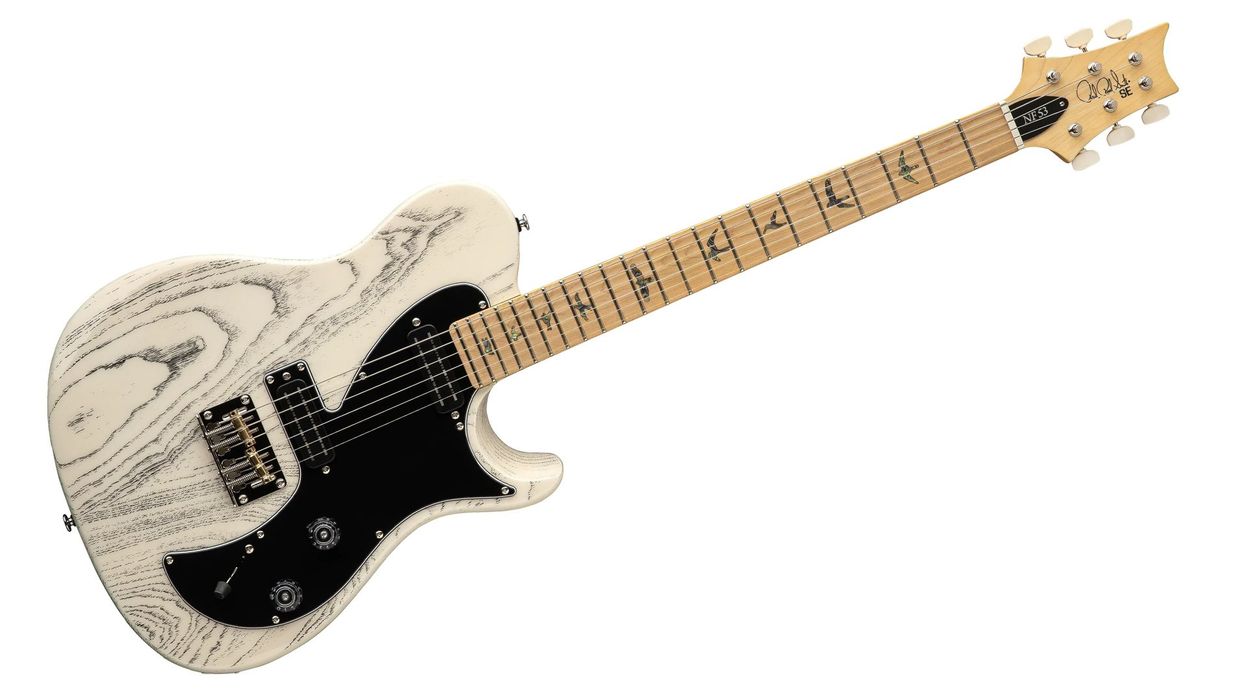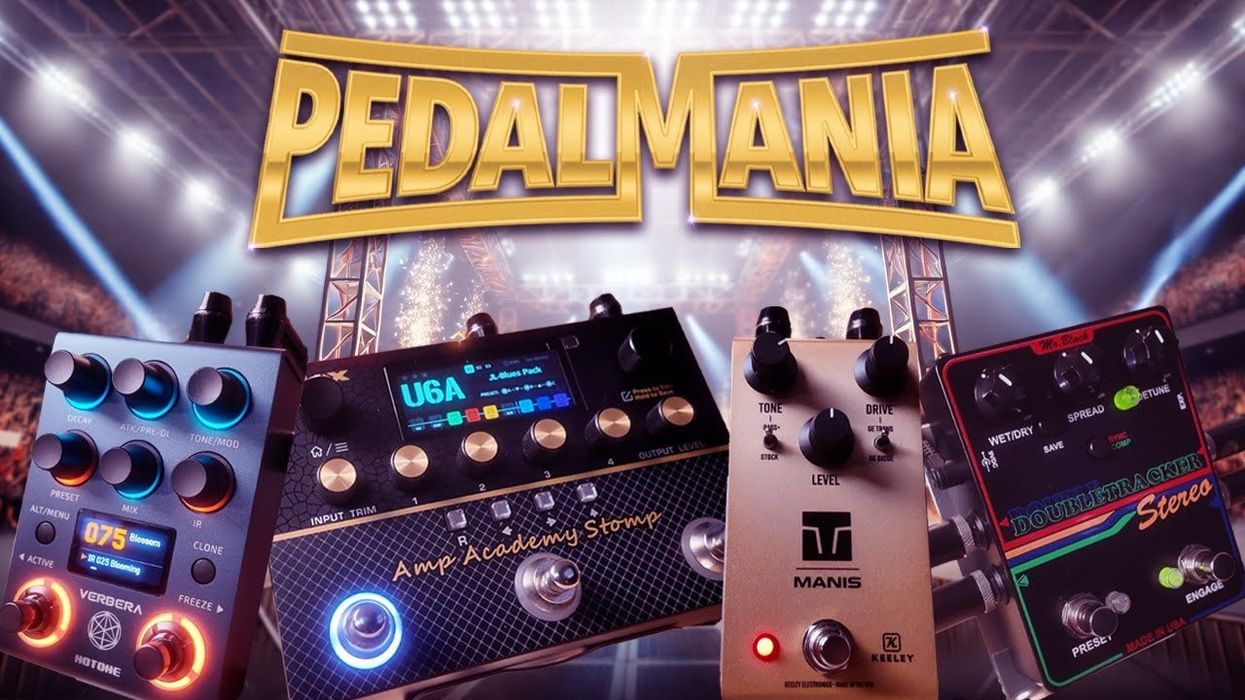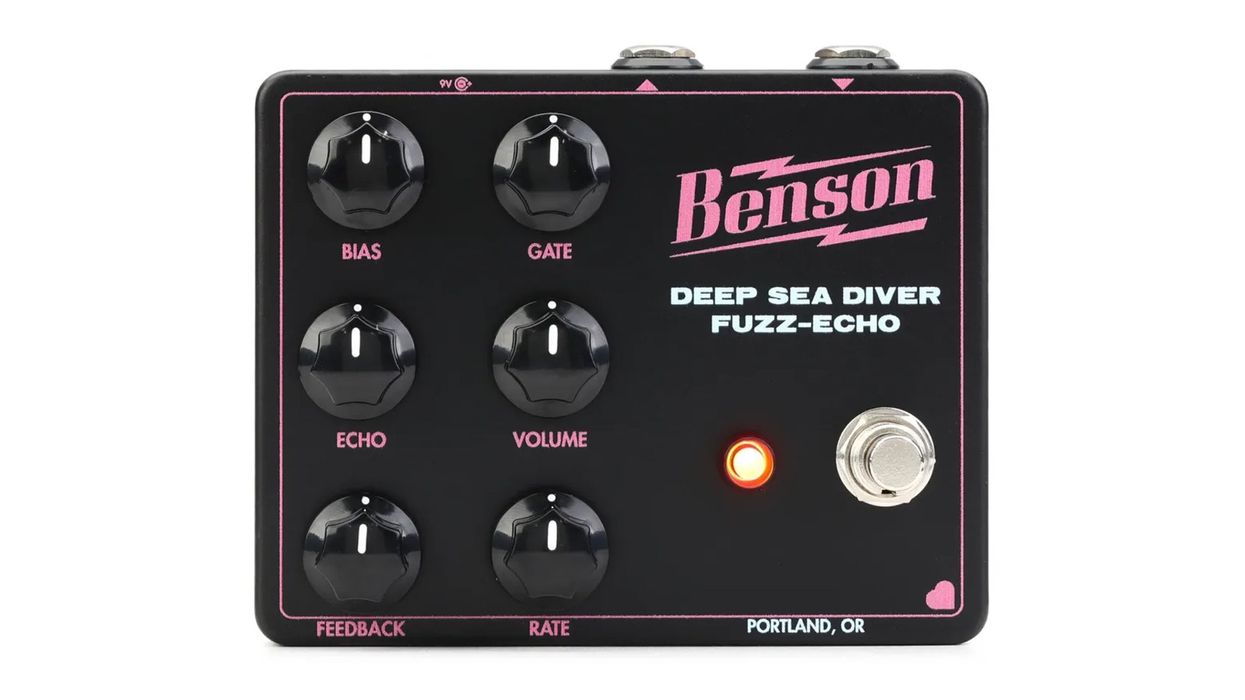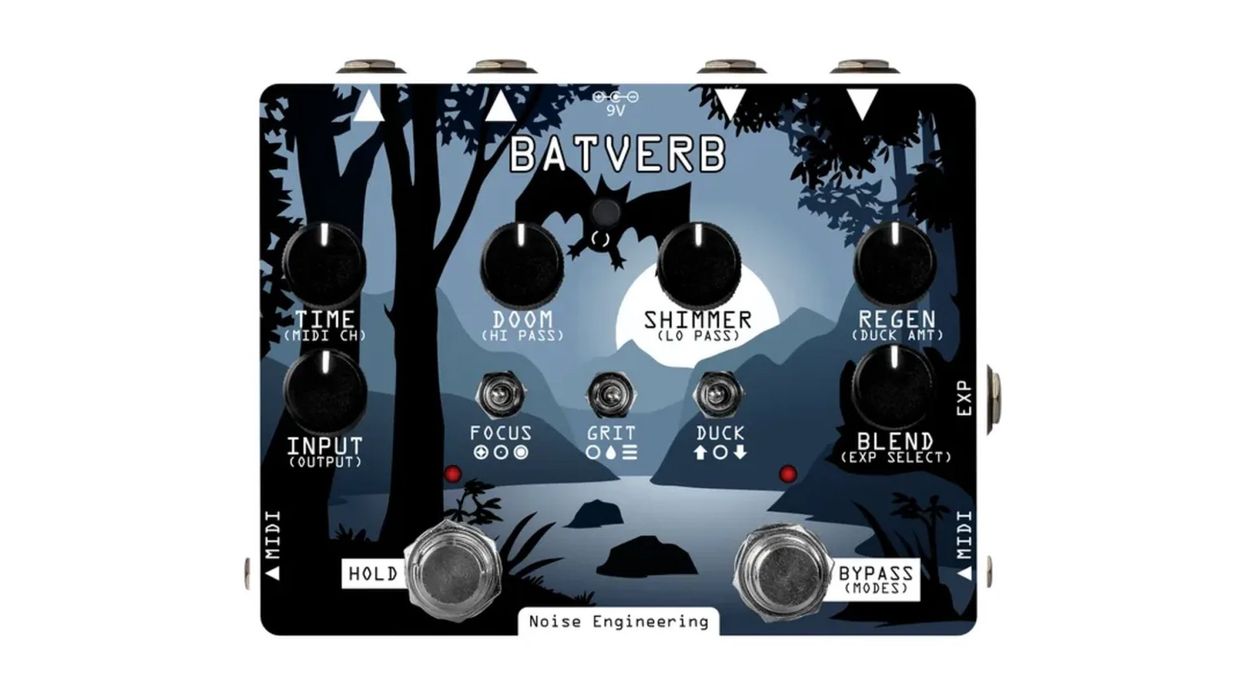Gretsch’s new Streamliner guitars—like the 1960s Streamliners before them—are great instruments living in the shadows of the company’s most iconic shapes. Where guitars like the 6120, Country Gentleman, White Falcon, and others are either quite thick, very wide, or both, the Streamliner is slim and relatively light—in the fashion of the Epiphone Casino, Gibson ES-335, Fender Coronado, Rickenbacker 300-series, and various Voxes, Hofners, and Hagstroms that ruled the ’60s. They are exceptionally comfortable, engaging, and ultra-fun to play, particularly when fitted with a Bigsby, like the Gretsch G2622T-P90 Streamliner reviewed here.
This latest Streamliner Center Block incarnation, however, is also among the first to feature Gretsch’s FideliSonic 90 pickups, an option that gives the guitar a surprisingly mellow but meaty, articulate, and distinctive voice that deviates from archetypical P-90 semi-hollow sounds and offers unexpected tone colors.
Gretsch G2622T-P90 Streamliner Review by premierguitar
All guitars are Gretsch G2622T-P90 Streamliner.
Of Singing Staples and Streamlineage
Gretsch’s bigger bodied classics can feel like a handful over the course of protracted practice and performance. The Streamliner almost never induces fatigue anxiety, though. It’s light for a center-blocked, Bigsby-equipped instrument, and the body contours feel great whether you sling the guitar low or hike your strap up for a full Merseybeat cradle. The balance is generally good, especially when playing seated, though it can be prone to neck-dive if you use a slippery strap. It’s got really handsome lines, too, that are simultaneously evocative of a Country Gentleman and an Epiphone Casino. More critically, in my view, it also bears a strong family resemblance to the Gretsch Monkees, a ’60s Streamliner antecedent that I covet rabidly.
There’s a lot of distinctly Gretsch personality here, too—primarily in the baby Country Gent’ shape you see plainly in the horns, but also in the arrow knobs, master volume, and teardrop pickguard. The latter design element, while handsome, is perhaps the only thing that didn’t work with some aspects of my playing style. Prone as I am to heavy arpeggio playing, I would often hit my pick against the pickguard on first-string upstrokes, making a clacking sound that resonates clearly through the pickups. On the other hand, I could conjure cool rhythmic accents during leads and spanky rhythm parts using the pickguard for percussive accents and extra-musical sound effects.
I’m generally pretty knocked out by how good the affordable Gretsches from the Streamliner line look and feel. The Streamliner Center Block P90 reveals that Gretsch’s Indonesian factory is still putting love into these instruments. Playability is superb. The 12"-radius fretboard makes string bending a breeze. And the walnut-to-root-beer brownstone finish showcases the grain of the arched mahogany top and back gracefully. (Sadly, there is no option for the cherry finish and white pickguard that would make this Streamliner a dead-ringer for a Gretsch Monkees. Drat.)
"Some of the bridge pickup’s mellower tonality might also be down to the distance from the pickup to the bridge."
Broad-Shouldered Slimline
The FideliSonics are a genuinely unusual take on staple-style P-90s that stretch preconceptions about the type. Though they are designed for less overall output than a standard P-90, they have much of a P-90s muscle and mass, and they will make an amplifier growl delectably without breaking a sweat. But the FideliSonics seem a lot less toppy than the P-90s in, say, a Casino or ES-330. Instead, they exhibit a strong low-mid emphasis and a hi-fi quality that leaves room for dynamics and picking details. Some of the bridge pickup’s mellower tonality might also be down to the distance from the pickup to the bridge. Pickup placement has shifted a lot over the decades on Gretsches. The bridge pickup placement on the White Falcon, for instance, has varied by significant measures over its lifetime. The bridge pickup on the Streamliner Center Block P90 is nudged toward the neck enough to almost split the difference between a bridge and a middle-position pickup in a 3-pickup array. Doubtless, this blunts some of the top-end attack you might otherwise hear and expect from these pickups.
But there is no questioning the horsepower they put at your disposal. Paired with a black-panel Tremolux, the Gretsch coaxes throaty overdrive at amplifier volumes as low as 2. With just a bit of reverb, this sound is intoxicating and huge. There might not be quite enough top-end headroom for some jangle-oriented players, or soloists that rely on biting treble. But before you pass definitive judgement on the available top end, it’s worth checking out how the Gretsch sounds with really aggressive amplifier treble settings. I used the bridge FideliSonic with the Tremolux’s treble at 10 and it sounded an awful lot like a sweet spot to me!
As with any hollow or semi-hollow, feedback can be an issue. And I had a pretty short leash when it came to using fuzz or aggressive boost or overdrive (particularly with all of that amp treble). Thankfully, the Gretsch’s trademark master volume is always close at hand—and, incidentally, a very cool way to add feedback into a song when you get the knack. Generally, though, it’s good to tame your guitar volume before you engage any particularly vicious fuzz.
The Verdict
I spent a lot of time with the Gretsch Streamliner Center Block P90 amid a mid-winter playing rut. Few guitars were feeling great, or right, or fun. But the Streamliner Center Block P90 was always a gas, and with its Bigsby, classic Gretsch master volume control, and a set of idiosyncratic and dynamic pickups, it prompted inspirational and invigorating shifts in technique and voice. The Streamliner Center Block P90 doesn’t need much help to sound great through a decent amp—just a little reverb and 10" or 12" speakers can make this guitar sound enormous, rocking, and alive. There are drawbacks inherent to the design. Feedback is always a risk and you don’t have to get too unhinged with the Bigsby before tuning stability becomes an issue. But the warm fullness of these pickups and the guitar’s fascinating combination of liveliness and mass adds up to countless surprises that make the $649 price tag a pretty nice deal.
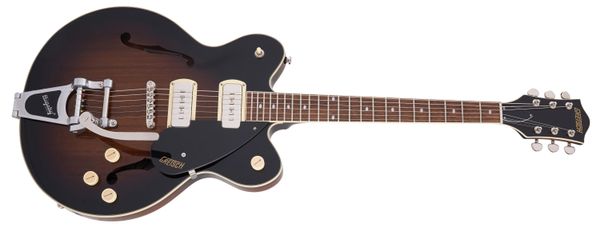

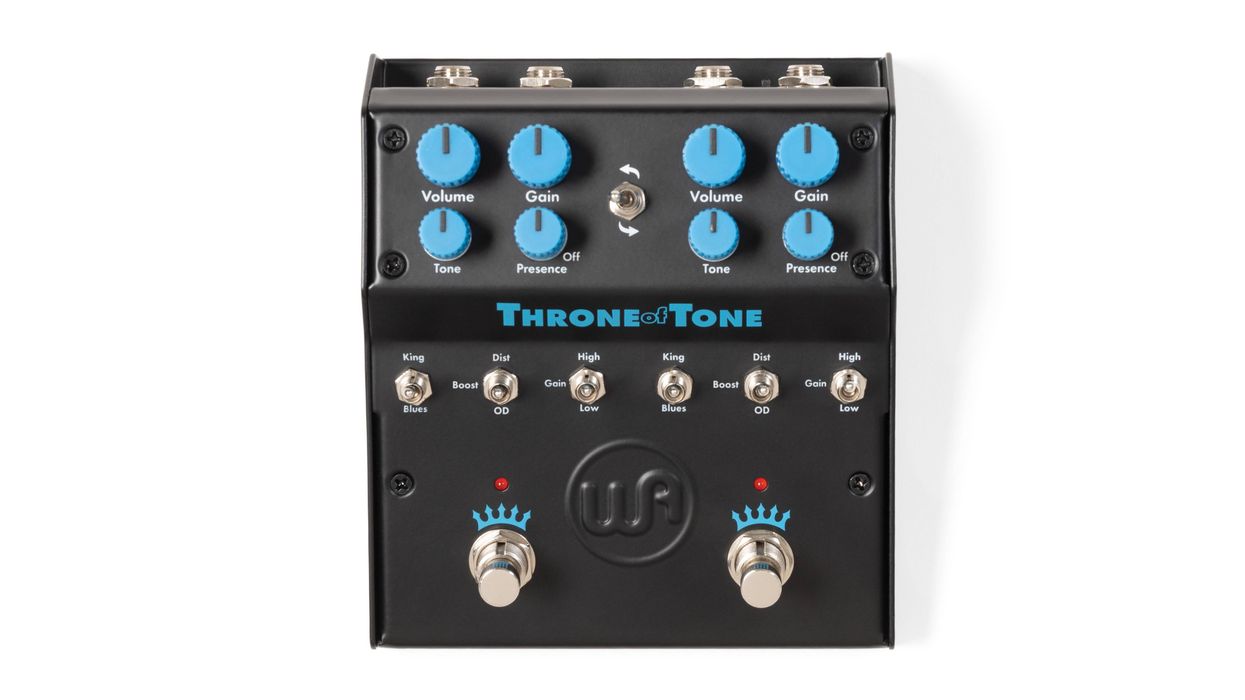
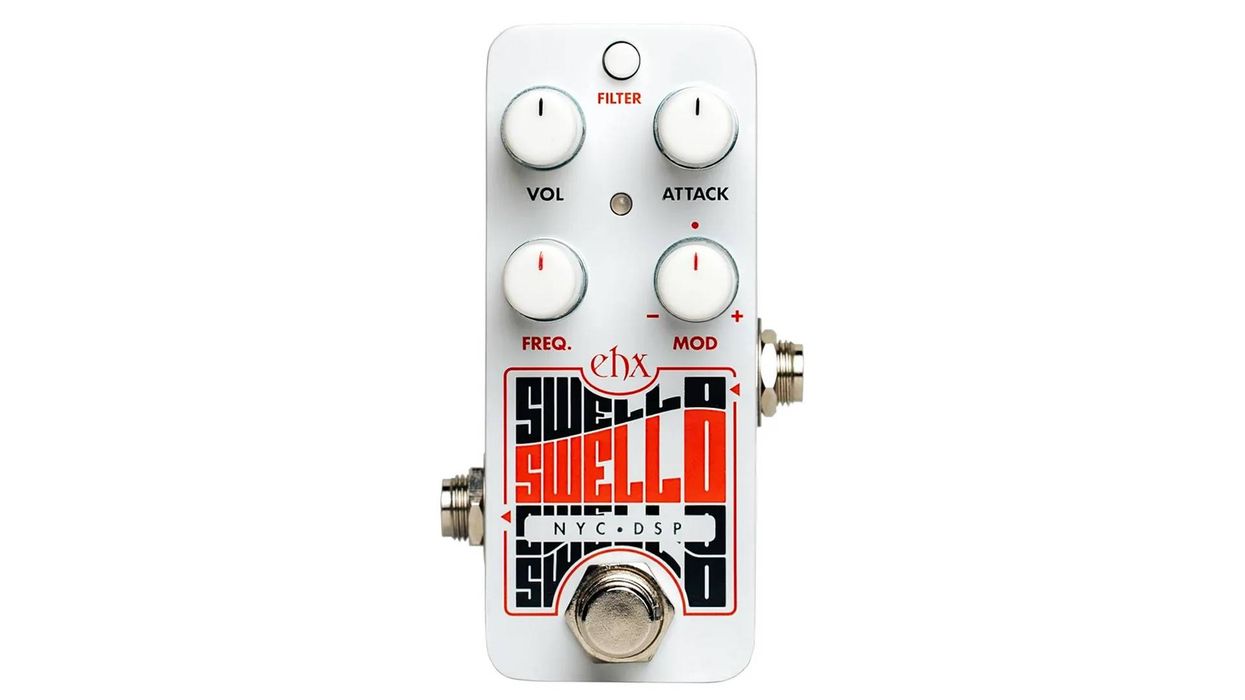
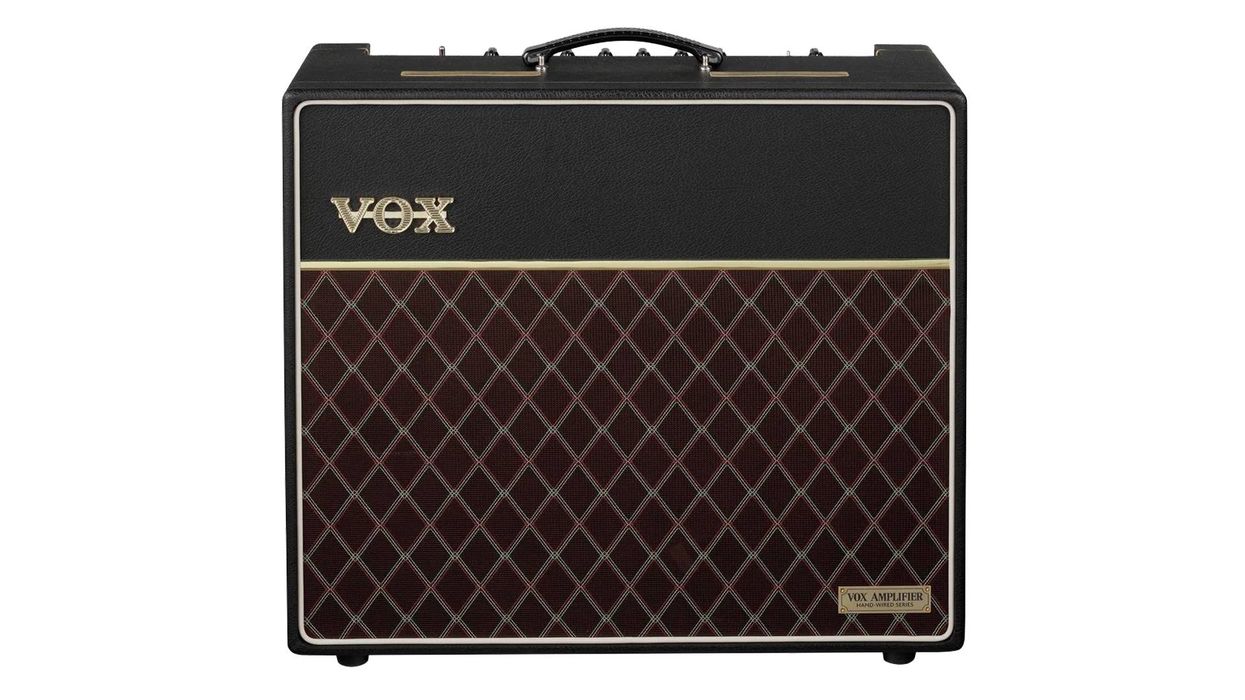
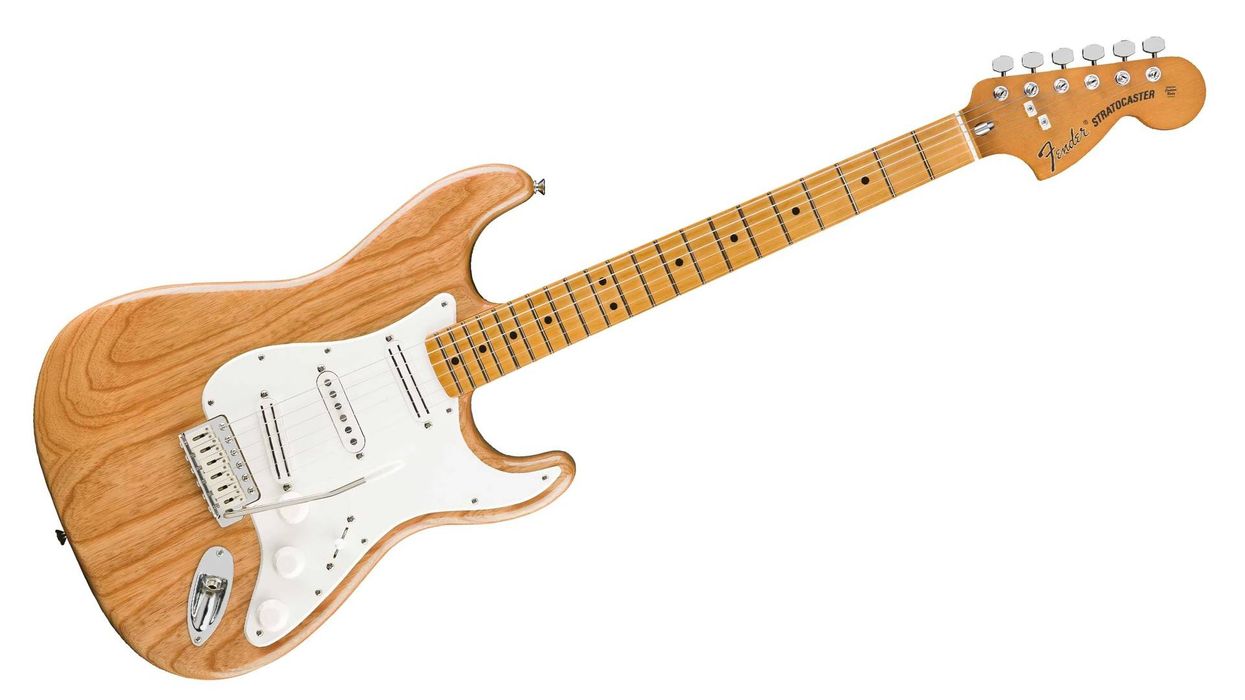
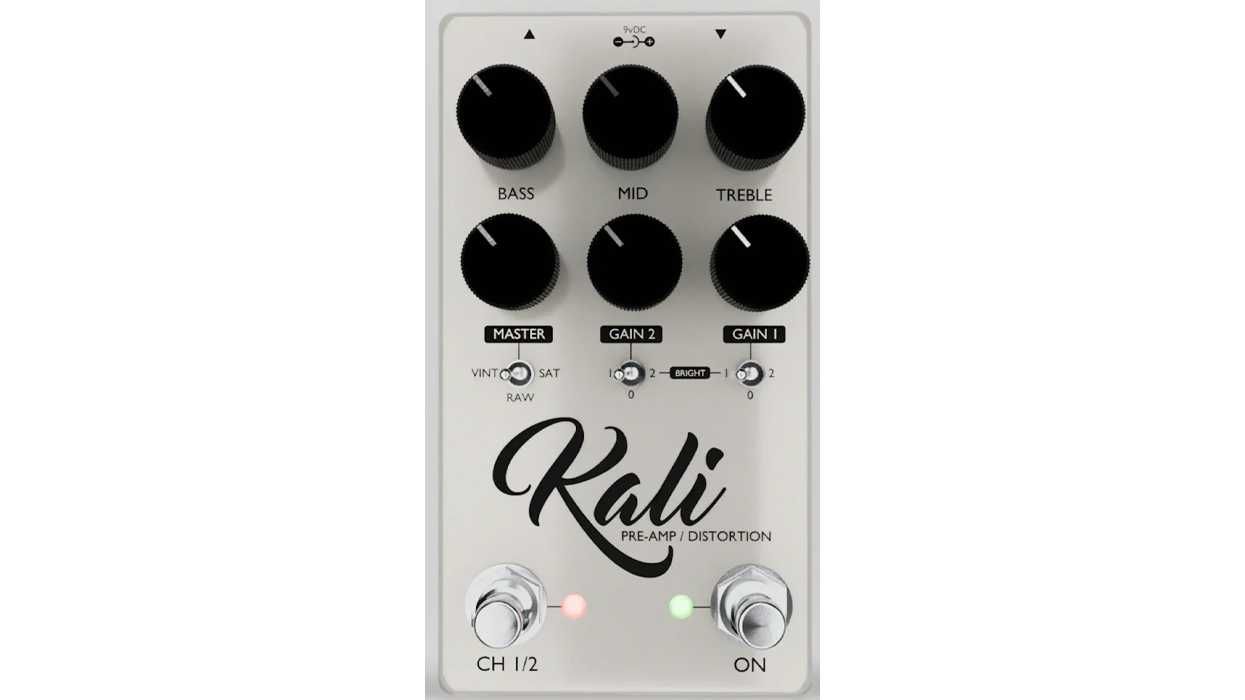

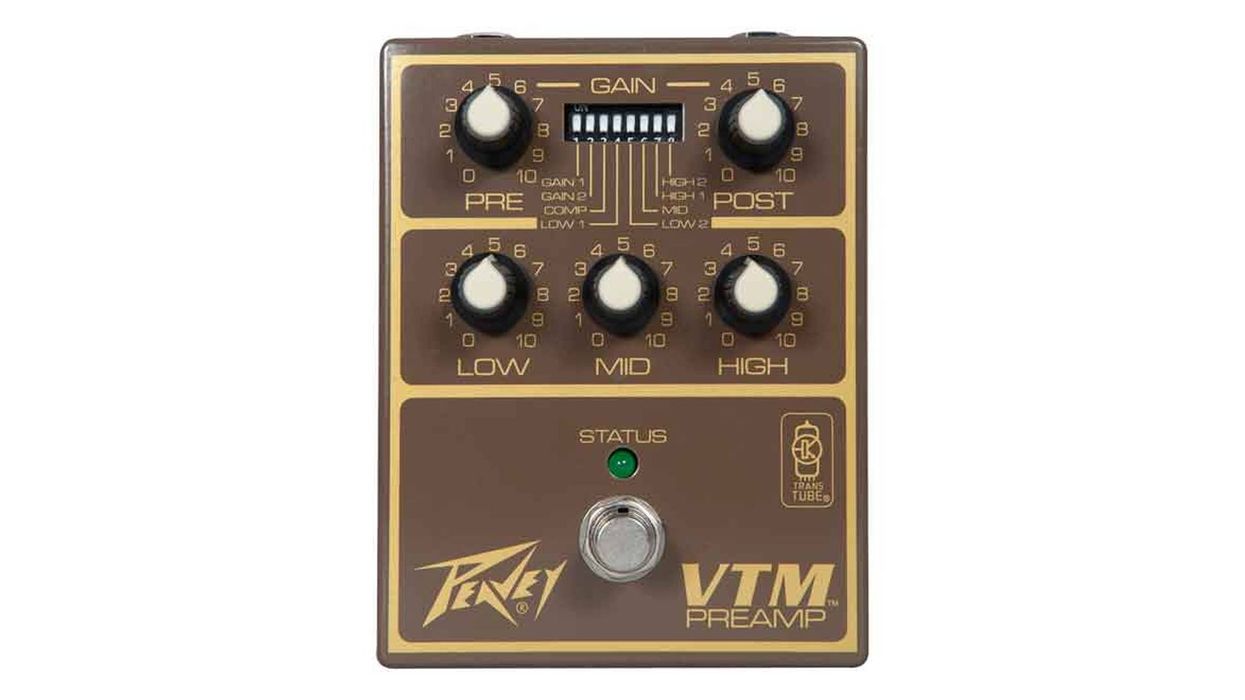

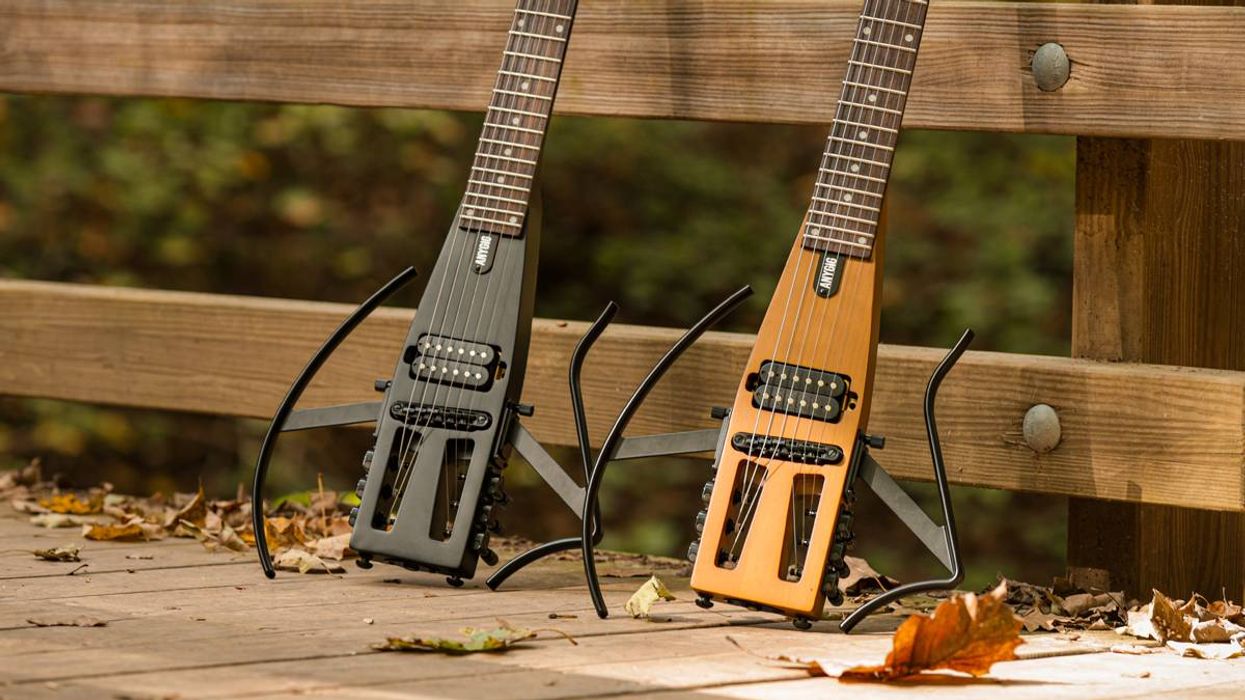
![Rig Rundown: AFI [2025]](https://www.premierguitar.com/media-library/youtube.jpg?id=62064741&width=1245&height=700&quality=70&coordinates=0%2C0%2C0%2C0)

